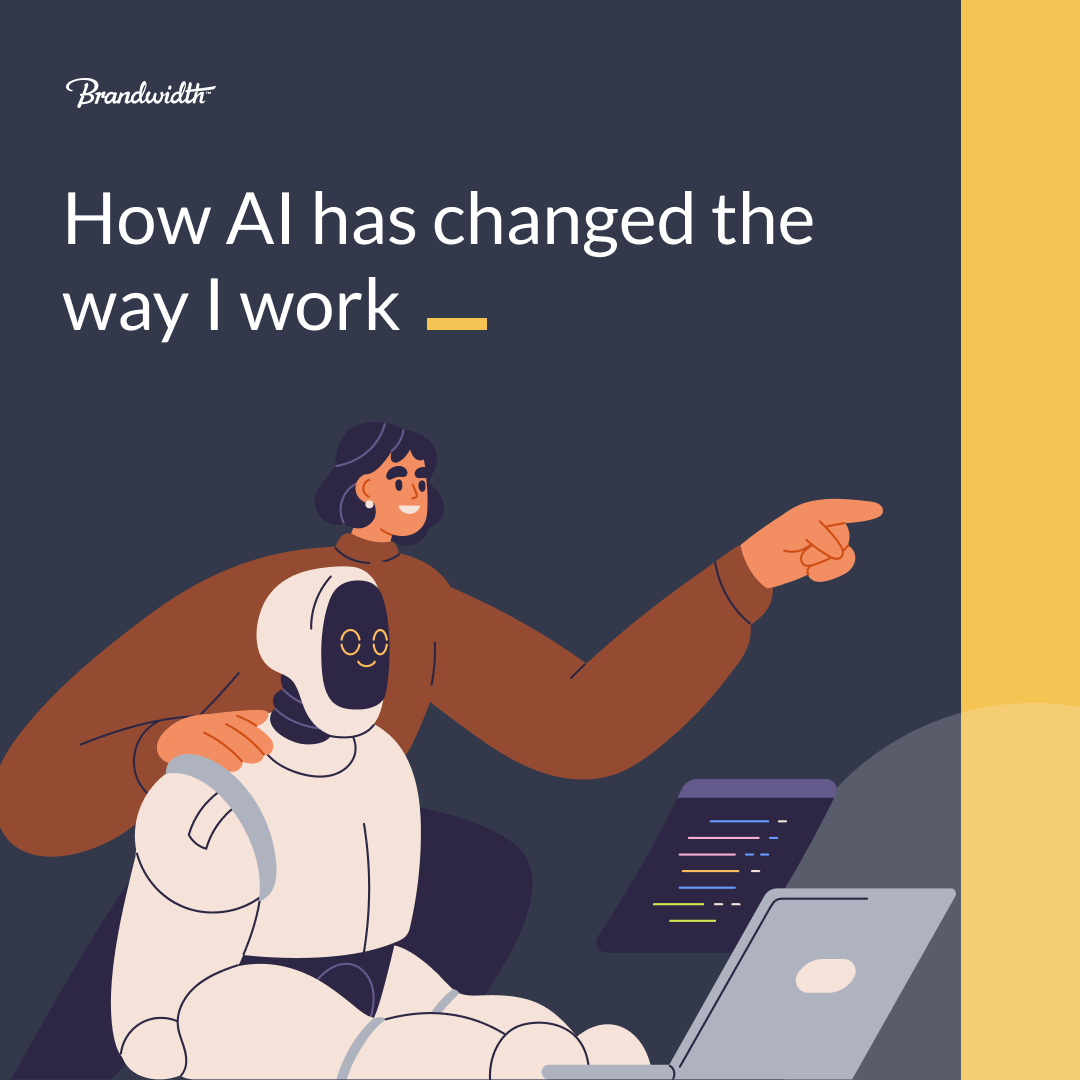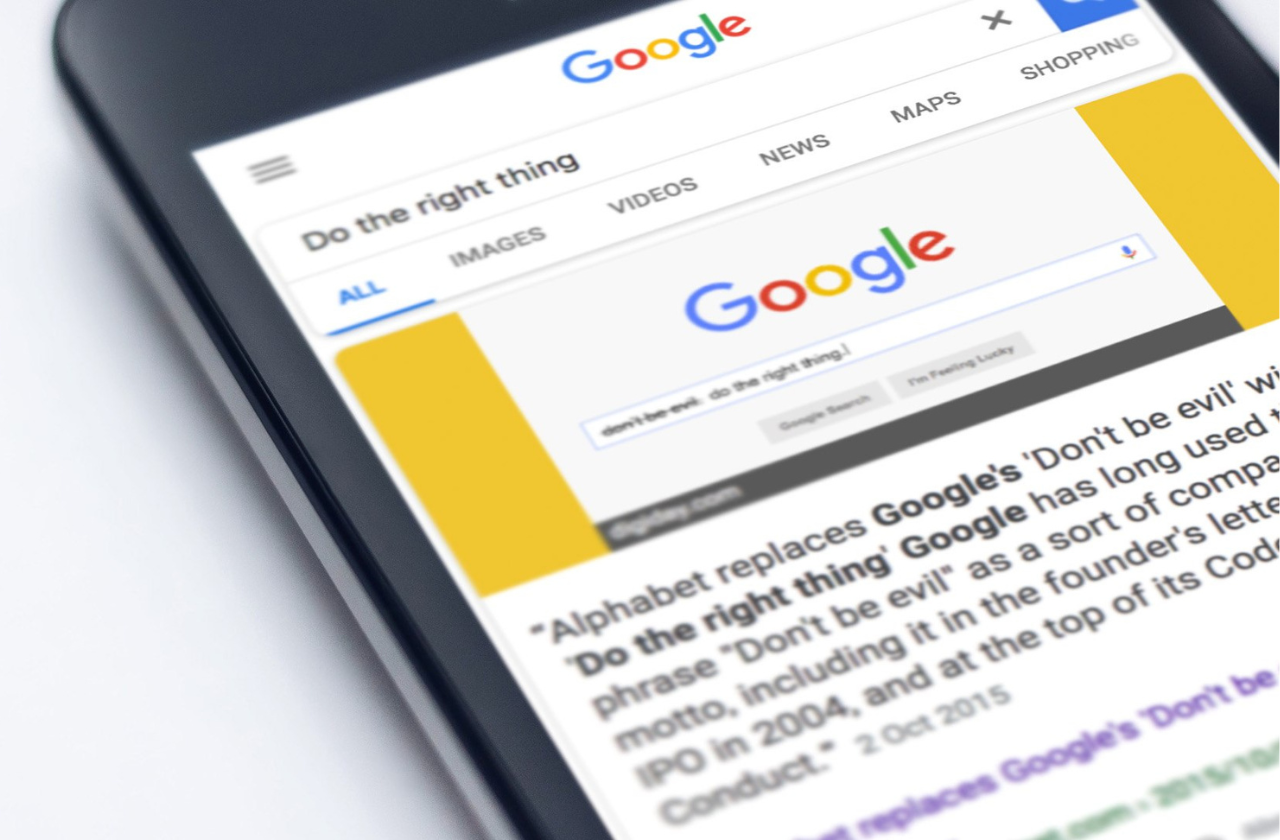






AI has been in the headlines all through 2023 as new applications, tools and access arrive and people experiment with the technologies for good and otherwise. While AI-generators and chatbots are often used to summon up parlour tricks, there are real daily uses for AI at work now and this has changed the way that I can do my job.
It has made many more tasks seem approachable, generating starting points on larger pieces of work and helping to create media and assets. The fact that these tools are now far more accessible means that it is also democratised in the sense that individuals can use them easily rather than having to invest in professional-level software.
As a developer, AI has also helped to speed up a lot of smaller, repetitive tasks. In the next year I imagine I will be able to integrate this seamlessly into my workflow. In my personal projects, it has already been transformational. It has allowed me to generate ideas and assets quickly, to allow me to iterate in my spare time. As AI tools progress, I expect the complexity of the tasks I’ll be able to off hand to increase, giving me more time to work on bigger projects.
Thinking back to when I started developing, trying to create my own assets took up as much, or more time than actual developing. AI reduces the asset creation process to a fraction of the time, allowing me to focus on what I really want to do – write code.
AI for developers
Using these tools obviously has its pros and cons. It can be a real spark of inspiration and in terms of coding it can help to gain an understanding of something you might not be able to describe easily. The conversational nature of the current AI coding co-pilots means that you can chat the problems through as though you were talking to another developer.
It’s not a free ticket though. All AI results need to be double-checked. If you don’t understand how the code was created and why, mistakes can be introduced and not easily remedied – a bit like having someone else do your homework.
While some people are concerned about AI tools replacing them, I don’t think there’s a need to worry at the moment. For medium-sized and commercial app making, using AI can help the speed of development as part of a working process. The talent and experience of developers is still vital when it comes to design, compliance, code readability, security and bugs, so there’s still plenty for us to do.
With tools I’ve used, a lot of human authorship still needs to be done to create cohesive, clean code that does exactly what you want to do. However, in the future, with assistants like Google Studio Bot that is built right into Android studio, assistants’ understanding will only grow faster and faster. I imagine one day they will be bespoke offerings which you can train on your company’s code repositories, meaning the bots will have a greater understanding of what you want to achieve and how you usually like doing it.
Being clear about using AI
I’ve used assistants to generate model classes from JSON responses, for both Android and iOS. Doing this is usually time consuming and is not fun to do as a developer (grunt work), however using an assistant, I can do this in minutes, and I can iterate on the output in a conversational style to alter the output to what I want.
It should be explained to clients how and why you are using AI, in case they have questions or concerns. Once you tell them that it speeds up the process, making it more efficient for us (and them.) they usually understand. You’re paying a developer for their expertise in development, with a developer using AI, more of the budget (developers time) gets spent on writing good code, rather than boilerplate code. AI is like having a personal junior developer to handle tasks. But one whose work ALWAYS needs to be checked over, so junior developers don’t need to worry about being replaced!
Code is creative
Many of the news stories in 2023 have been about creative work and concerns about replacing writers or artists and where the data comes from that feeds the AI models. I believe there is a parallel between writing original code and creating artistic works. I’ve always compared writing code as close to writing literature rather than regurgitating instructions in ‘computer speak’. Experienced developers spend more time thinking about how readable, concise and cohesive the codebase is to others. Achieving this while often coding to a complex set of requirements is to me is closer to art than technical documentation.
However, saying that, we have also seen how good AI’s are at interpreting and writing literature with advances such as chat GPT. Co-pilots are able to write actually good code, (probably due to how much open source code is available for them to train on), but funnily enough, the problem here is reversed. While assistants are good at copying a good coding style, the lack of technical understanding means they often write code that doesn’t work out of the box, is un-efficient, and doesn’t take full advantage of the API or language features, meaning that developers always have to spend time going over the responses fixing the basics and improving things.



Connected commerce that scales. We design, engineer, and enable seamless ecosystems that connect channels, people, and performance, and convert across every touchpoint.
Learn more